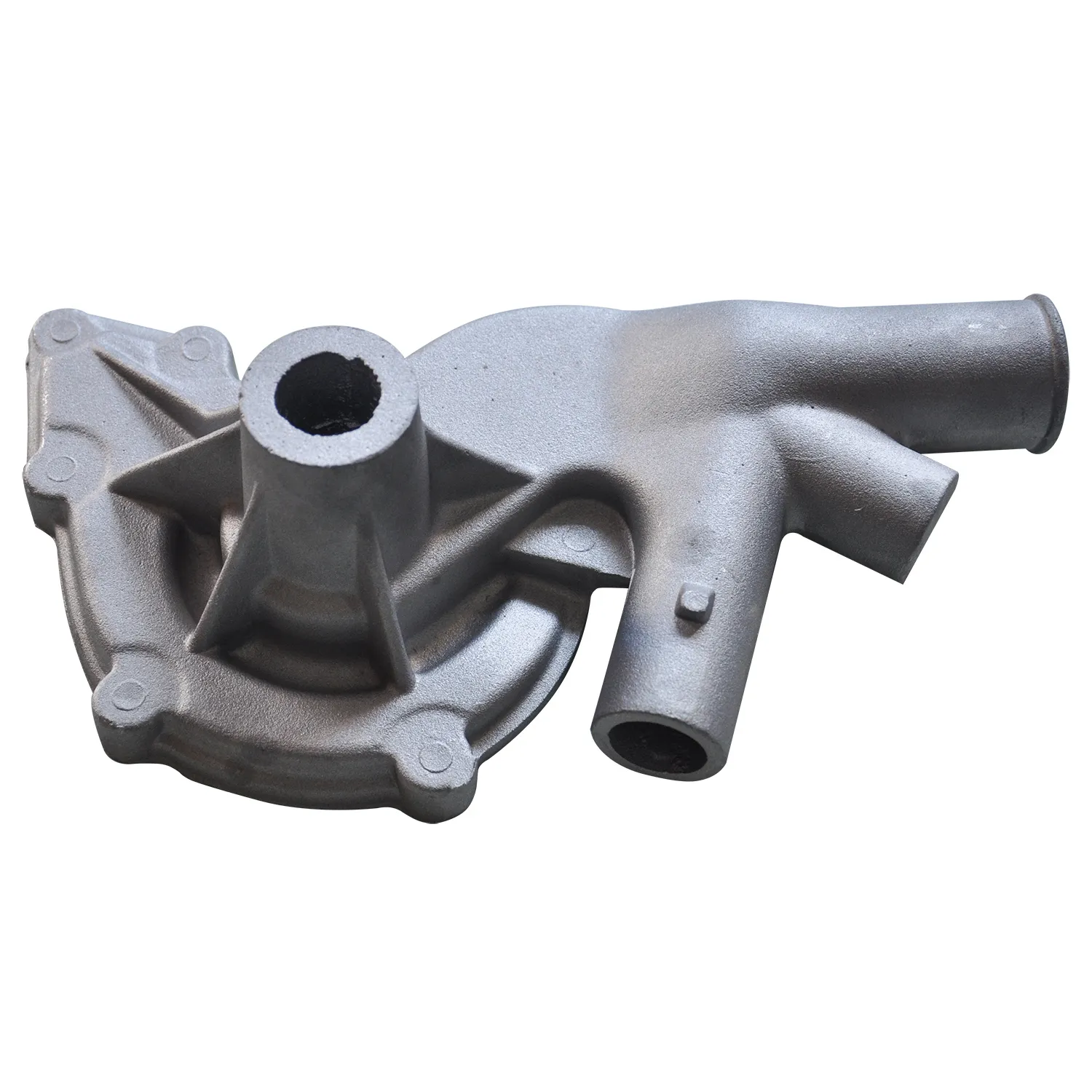Mobile:+86-311-808-126-83
Email:info@ydcastings.com
Aluminum Precision Casting - High-Quality Custom Solutions
Aluminum Precision Casting An Overview
Aluminum precision casting is a highly sophisticated manufacturing process that allows for the creation of intricate and precise aluminum components. This technique is increasingly favored across various industries such as automotive, aerospace, electronics, and consumer products due to its efficiency and ability to produce complex geometries with excellent surface finishes.
The precision casting process typically involves several key steps. First, a mold is created, which is usually made from a durable material such as steel or resin. This mold is designed to the exact specifications of the final component, ensuring that all dimensions and features are accurate. The use of advanced computer-aided design (CAD) tools greatly enhances this stage, allowing for detailed designs that can be easily modified before production.
Once the mold is ready, molten aluminum is poured into it. The high temperatures involved in this process necessitate careful handling to ensure safety and quality. Aluminum is often chosen for precision casting because of its favorable properties, including lightweight, strength, and resistance to corrosion. Additionally, aluminum's excellent thermal and electrical conductivity makes it suitable for various applications, especially in the electronics industry.
After the aluminum cools and solidifies in the mold, the casting is removed for finishing. This stage may involve processes such as machining, polishing, and surface treatment to enhance the aesthetic qualities and functional characteristics of the final product. These finishing processes are essential for meeting the stringent quality demands of many industries, where precision is paramount.
aluminum precision casting

One of the significant advantages of aluminum precision casting is its cost-effectiveness. Although the initial investment in tooling and setup may be high, the ability to produce complex parts in large quantities reduces the overall manufacturing costs. Moreover, the minimal material waste associated with this process further contributes to its economic appeal. Compared to traditional machining methods, precision casting can significantly lower production times, allowing companies to respond quickly to market demands.
Another vital aspect of aluminum precision casting is its environmental impact. Aluminum is highly recyclable, and using recycled aluminum in the casting process can further reduce energy consumption and greenhouse gas emissions. This sustainability factor is increasingly important as industries strive to adopt greener practices.
As technology advances, techniques such as 3D printing are beginning to complement traditional aluminum precision casting processes. Innovations in additive manufacturing allow for rapid prototyping and the production of complex geometries that were previously difficult or impossible to achieve. This integration of new technologies promises to enhance the efficiency and possibilities of aluminum casting even further.
In conclusion, aluminum precision casting is a versatile and efficient manufacturing process that meets the demands of various industries. Its ability to produce intricate parts with high precision, coupled with the advantages of cost-effectiveness and sustainability, makes it a preferred choice for manufacturers worldwide. As technology continues to evolve, the future of aluminum precision casting looks promising, with new methodologies set to revolutionize the industry.
-
Understanding Metal Casting TechniquesNewsApr.02,2025
-
Understanding Exhaust Manifolds for Enhanced Engine PerformanceNewsApr.02,2025
-
The World of Metal FabricationNewsApr.02,2025
-
Key Components for Pump and Turbo EfficiencyNewsApr.02,2025
-
Essential Tools for Automotive Maintenance and RepairNewsApr.02,2025
-
Durable Valve Components for Effective Water ManagementNewsApr.02,2025











